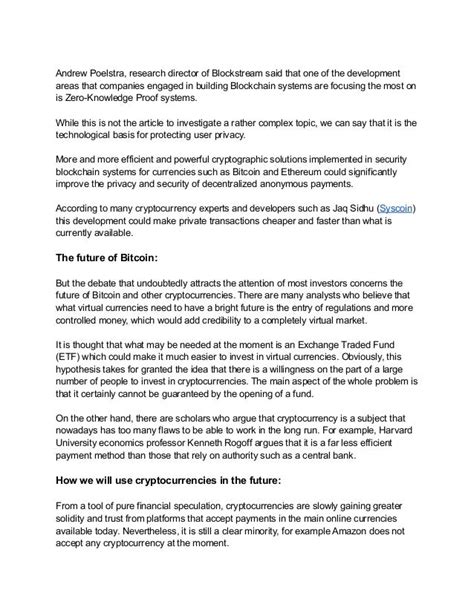Ethereum vs. Bitcoin: The Evolution of Open Source
As a newcomer to the world of cryptocurrency and blockchain technology, you’re probably curious about how Bitcoin and Ethereum differ in their approach to open-source development. In this article, we’ll dive into the history of both projects, explore what makes them unique, and examine their similarities.
The Birth of Bitcoin: Open-Source
Bitcoin was created in 2009 by an anonymous individual or group using the pseudonym Satoshi Nakamoto. It began as a decentralized system that allowed peer-to-peer transactions without the need for intermediaries like banks. The core philosophy of the project centered around decentralization, transparency, and immutability.
Bitcoin’s open-source nature was one of its defining characteristics. This approach allows anyone with the right tools and knowledge to contribute to the development process, fostering a sense of community and collaboration. Bitcoin's source code is available on Github ( making it accessible for developers to review, test, and modify.
Ethereum: A Decentralized Smart Contract Platform
In 2015, Vitalik Buterin, the original creator of Ethereum, proposed a new project that combined elements of blockchain technology with smart contracts. Ethereum's open-source model allowed developers to build decentralized applications (dApps) on its platform.
Unlike Bitcoin, Ethereum does not have a single, centralized repository for its source code. Instead, it uses a modular approach, with separate packages and libraries available for various tasks, such as wallets, smart contracts, and more. The Ethereum team regularly releases updates to the Ethereum Solidity compiler (Ethereum 2.x), which include new features, bug fixes, and security patches.
GitHub and Ethereum
Regarding your question about the Ethereum repository, you are on the right track! is indeed the official source code repository for Ethereum. However, it is not a single “Bitcoin repository.” Rather, it is a collection of packages, libraries, and tools that support the various components of Ethereum.
Some notable repositories include:
ethers.js: A JavaScript library for interacting with Ethereum contracts.
solidity: The official Solidity compiler for Ethereum development.
web3.py: A Python library for interacting with the Ethereum blockchain.
truffle Suite: A collection of tools and scripts for building, testing, and deploying dApps.
Open Source Evolution: Conclusion
In summary, Bitcoin’s open source nature has been a cornerstone of its success. However, Ethereum’s approach is more modular, with separate repositories for individual components. Both projects have contributed significantly to the development of blockchain technology, paving the way for new use cases and applications.
As you explore both projects further, keep in mind that their open source models enable collaboration, innovation, and community-driven development. Whether you’re interested in Bitcoin or Ethereum, understanding these principles can help you appreciate the underlying mechanisms that drive this exciting space.
Additional Resources:
- [Ethereum Whitepaper](
- [Bitcoin Wikipedia Page](
Happy exploring!